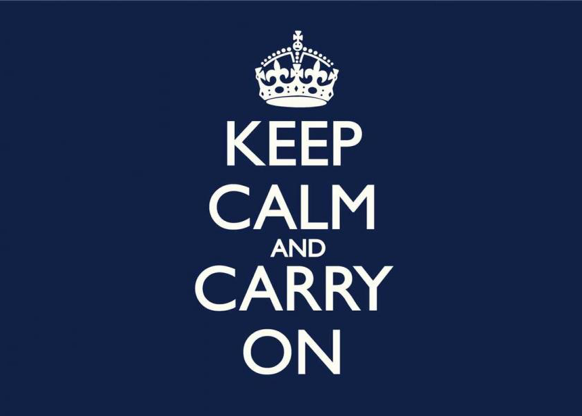
Helping Students Cope with Anxiety
April 11, 2018
Keep Calm and Carry On
April 25, 2018





You are worried that your child is significantly anxious or sad. He is refusing to go to school or goes to school but refuses to come out of his room. She is avoiding friends or activities that she once enjoyed.
He is suffering from lack of sleep or sleeps too much. She is gaining or losing weight. If you are worried that your child may need professional help, go ahead and investigate sources of help. Waiting is not a good option under these circumstances. But, where do you turn?
Call your child’s school and ask the counselor for a recommendation for a psychologist or clinical social worker. Call your child’s doctor’s office and ask for a recommendation for a mental health professional. There are schools and medical practices that have psychologists or clinical social workers on site. Other resources include the local children’s hospital, your health insurance company for a list of providers, and your state Psychological Association.
It is acceptable to inquire about the therapist’s credentials and experience in treating the issues that your child is experiencing. The relationship with the therapist is extremely important.
Cognitive Behavior Therapy has been shown to be effective in improving overall coping ability. Family therapy can be helpful in changing communication patterns. You also will have a role in the treatment of your child. The therapist will share diagnostic impressions. You want guidance about what to do or say with your child. You are probably worried that something you do will make the problem worse. Your child may feel embarrassed about going for counseling; your supportive presence will encourage him to participate and give him confidence that the future can be different.